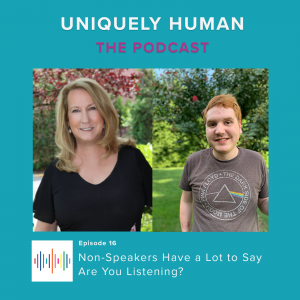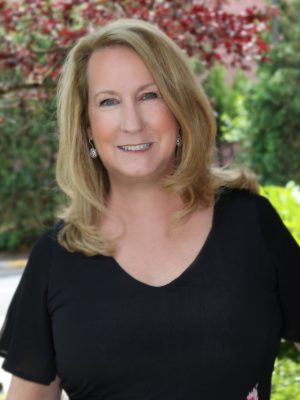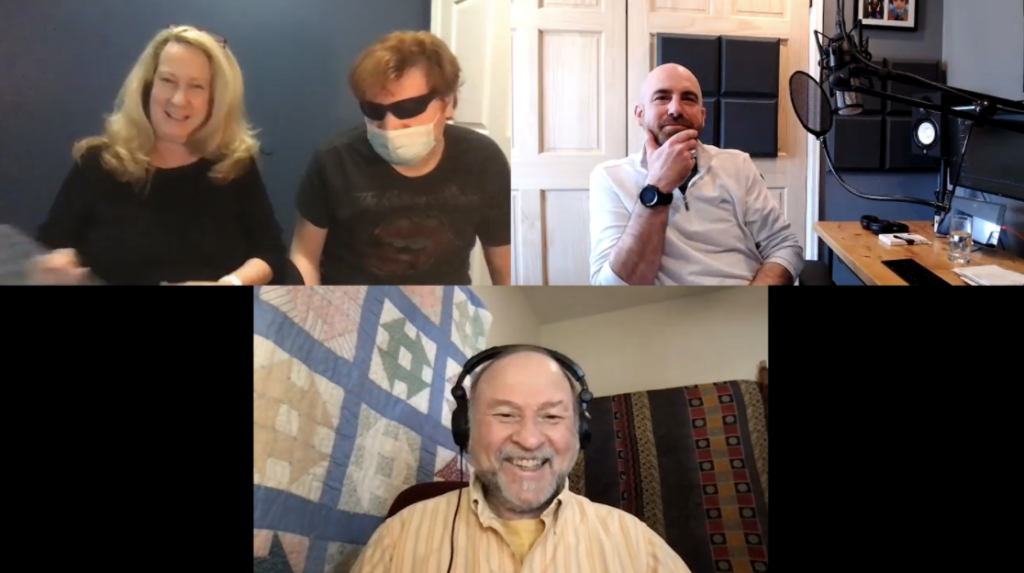
EPISODE 16
Nonspeakers Have a Lot to Say: Are You Listening?
Nonspeakers Have a Lot to Say: Are You Listening?
Play the Episode…
…and Continue the Discussion
Do you have a book or podcast club? If so, you may use this discussion guide to facilitate a conversation about this episode.
1) Elizabeth states that all interpersonal communication is motor-based. Explain what she means by this statement, giving examples from how all people use different modes of communication. From this perspective, how does this fact impact your understanding of what must be considered in supporting those autistic people who are non-speakers or who have minimal speech?
2) Ian made a number of insightful comments in responding to questions posed to him before and during the podcast. Discuss two of his comments that were most striking to you, and how they have changed your understanding of the experience of nonspeakers.
3) Elizabeth does not use the term “miracle”, when a nonspeaker previously thought to have limited “intelligence” or social awareness, indicates that such beliefs are false when they are successful in using non-speech means to communicate. Why do you think that is the case?
Featuring


ELIZABETH VOSSELLER
Elizabeth Vosseller is a native of Northern Virginia and is proud to call autism-friendly, Herndon, her hometown. Elizabeth has worked with individuals with complex communication and sensory-motor differences since 1995 in hospital, university and private practice settings. In 2013, she began using Assistive Technology to teach students the purposeful motor skills to Spell to Communicate (S2C). Teaching motor versus cognition to access communication, meaningful education and inclusion has been a game changer for nonspeaking individuals. “26 letters equals infinite possibilities!” Since witnessing countless nonspeaking, minimally and unreliably speaking individuals successfully communicate and learn through spelling and typing, Elizabeth and I-ASC are committed to ensuring ALL nonspeaking individuals have access to communication through training, education, advocacy and research.
“My life has been informed by nonspeaking people. I have learned more from their courage, tenacity, and wisdom than all my years of education.
Elizabeth is an adventurous traveler, enthusiastically exploring destinations off the beaten path.”
IAN NORDLING
Ian has been Spelling to Communicate since 2014. He loves to learn, has a strong work ethic, and is a passionate self-advocate. Ian has taken part in coursework at The University of Virginia, as well as George Washington University. He seizes any opportunity to further his education and continues to feed his hunger for knowledge by taking courses at GKTC and online. Ian is passionate about inclusion and acceptance, as well as access to meaningful communication.

Show Notes
One of the least understood, and most marginalized groups of autistic people are those who are non-speaking, or who have minimal or unreliable speech due to neurologically-based motor speech disorders. With advances in AAC (Augmentative and Alternative Communication), involving both low and high tech approaches, nonspeakers voices are now being heard, and what they have to say is shattering erroneous stereotypes about those for whom speech is not their primary mode of communication. Harmful beliefs about how speech and behavior are accurate reflections of a person’s intelligence and social awareness are being dismantled. We are joined by Ian Nordling, a young autistic man who is a multi-modal communicator who shares his perspectives about how he has benefitted from Spelling to Communicate (S2C), and Elizabeth Vosseller, who developed (S2C), an approach being used increasingly by non-speakers.
For more of Elizabeth’s work:
Facebook: @IASCspells
Instagram: @i-asc_spelling
Additional thoughts from Barry:
How to respond to “naysayers” who have attempted to limit or restrict practices involving non-speech modes of communication Barry suggests that when asked to take sides (“yea” or “nay”) as to whether spelling or other non-speech modes helps individuals communicate their true thoughts that they cannot communicate through speech, he implores us to ask more “more meaningful” questions.
1) Do you believe that research has documented neuromotor and movement disturbances that may hinder an individual’s ability to access various communication displays and devices for many non-speaking or minimally speaking people with neurodevelopmental challenges?
2) Do you believe that many non-speaking people are far more intelligent and socially aware than one might surmise when observing their limited communication ability and social “presentation” based on neurotypical “standards” of interpretation?
3) Do you believe that the “fit” between a non-speaking or minimally speaking person and the methods of support and access to different communication options is highly individualized, depending on the unique characteristics of each person? That is, that what may “work” for one individual may not “work” for another?
4) Do you believe that a person initially receiving support can then go on to communicate with greater independence and autonomy with practice and experience? I and so many others have observed this firsthand in non-speaking individuals we know.
5) Do you believe access to a variety of communication supports with appropriate safeguards is a human right? This is a core feature of the United Nations statement on Human Rights of Persons with Disabilities. If you believe this, limiting access to communication support is a violation of a person’s human rights, a theme presented at the United Nations 2017 conference on World Autism Awareness Day, a conference I participated in.
6) Do you believe that the decision to forbid any practice, without clear evidence that it is primarily harmful when practiced with appropriate safeguards, should be made on the basis of research designed primarily to question the legitimacy of the practice, and without consideration 1) of other research with contrary findings, 2) of clinical and educational data, and 3) input from self-advocates, families and other stakeholders? If so, that is a violation of the definition and spirit of EBP (“Evidence-based practice” as defined by the4 American Speech-language-Hearing Association and the American Psychological Association).
Barry concludes by stating rather than debate the issue simply from an “anti- vs. pro” position, one’s responses to these questions should underlie any reasonable conclusions.